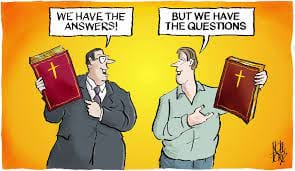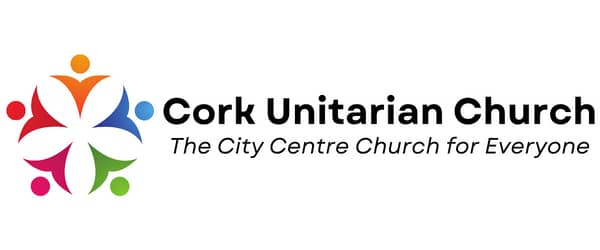
At Cork Unitarian Church we describe Open Christianity as the religious context where we are free to follow the example and teachings of Jesus based on our own informed conscience.
In our culture, Christianity has shaped the views of both believers and non-believers and it is deeply imbedded in our language, history, art, philosophy, and literature. It is a central place of reference for our understanding of the divine and our ability to communicate with each other about it. It is foundational to our church.
While our church’s means of articulating spirituality is deeply informed by Christianity, we also see spirituality as being an innately human quality and not being derived from any one particular religion. We embrace spiritual wisdom from all religious traditions that lead us to a greater sense of meaning, purpose, and connectedness. For us, no one source of religious teaching has a monopoly on either goodness or godness.
At Cork Unitarian Church we see the life and teachings of Jesus being important as they can assist us in:
- Actively seeking greater closeness with God
- Seeing that presence of God in each other as a positive force for shaping our human interactions
- Appreciation of the centuries of Abrahamic religious traditions, leading up to and following Jesus, as being illustrative of the diversity and evolution of human approaches to spiritual discernment
Our church’s approach to the teaching of Jesus is “open” because:
- We are open to the reality that we are all on different paths, and we are each at different places along those paths. Therefore Jesus’ Gospel message will be heard differently by each of us
- We are open to the existence of different teachings and practices within the larger Christian community and its diverse traditions
- We are open to individually accept or reject for ourselves those any of those different teachings and practices
- We are open to useful expressions of spirituality that come from other secular and religious sources
